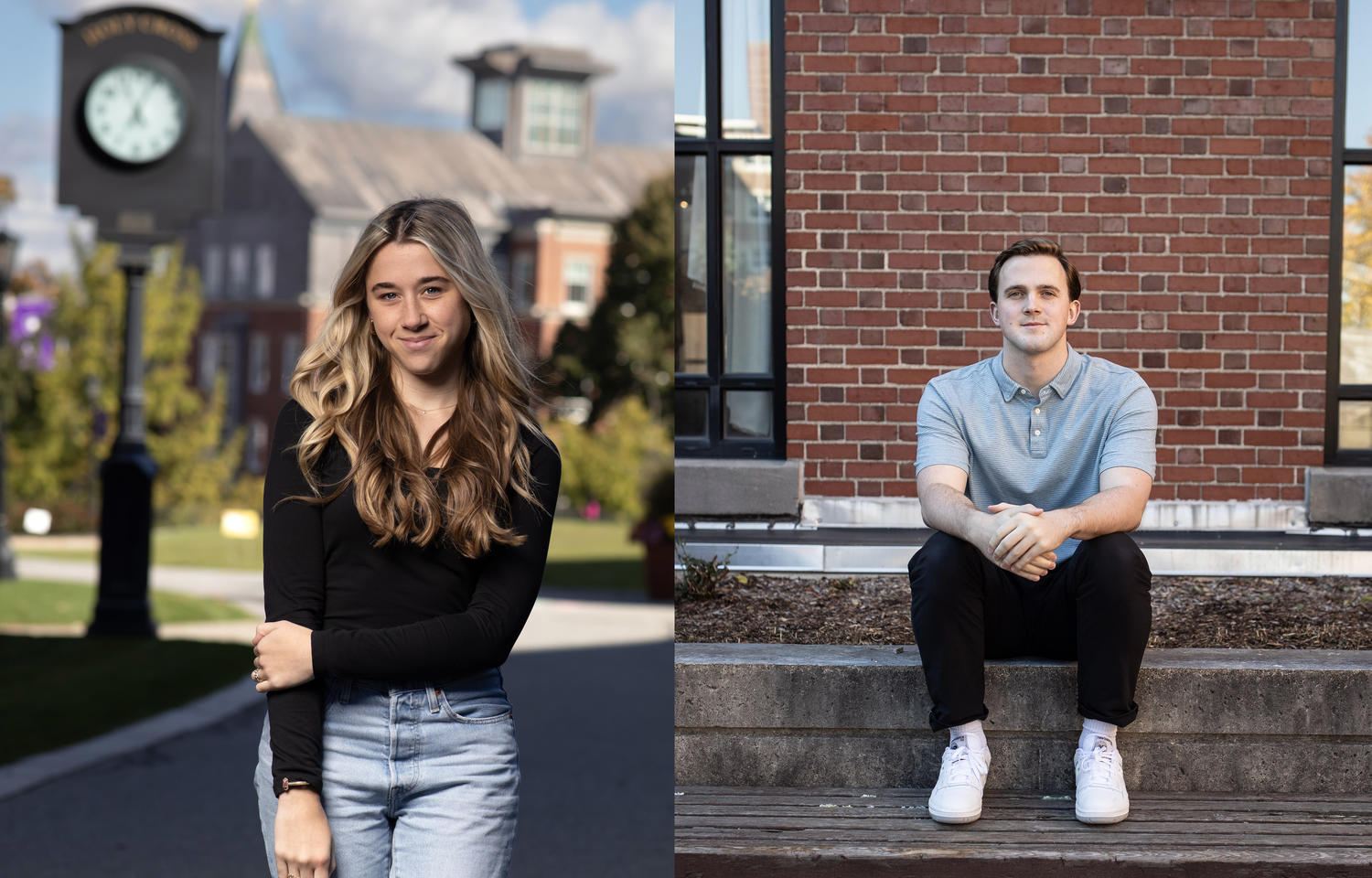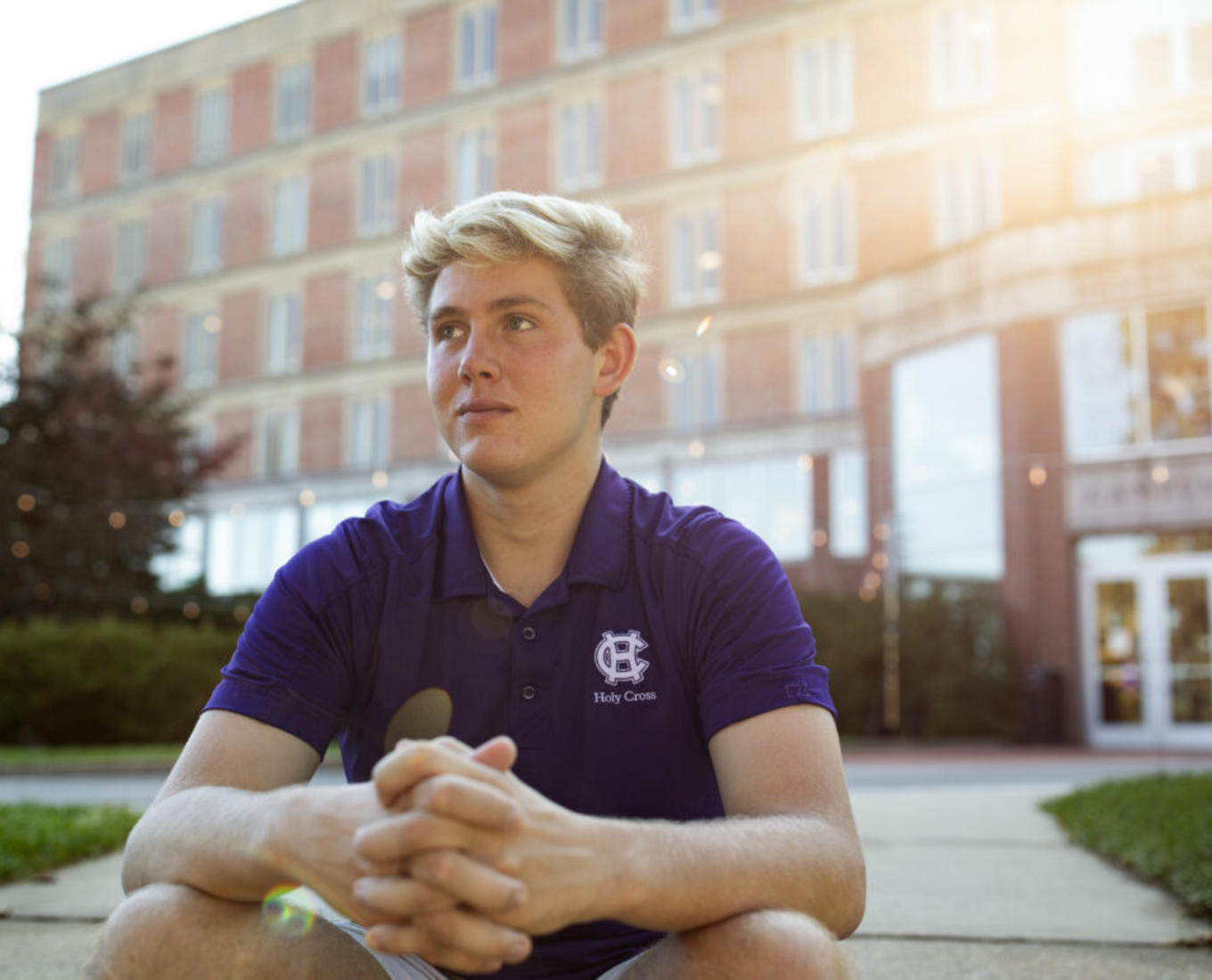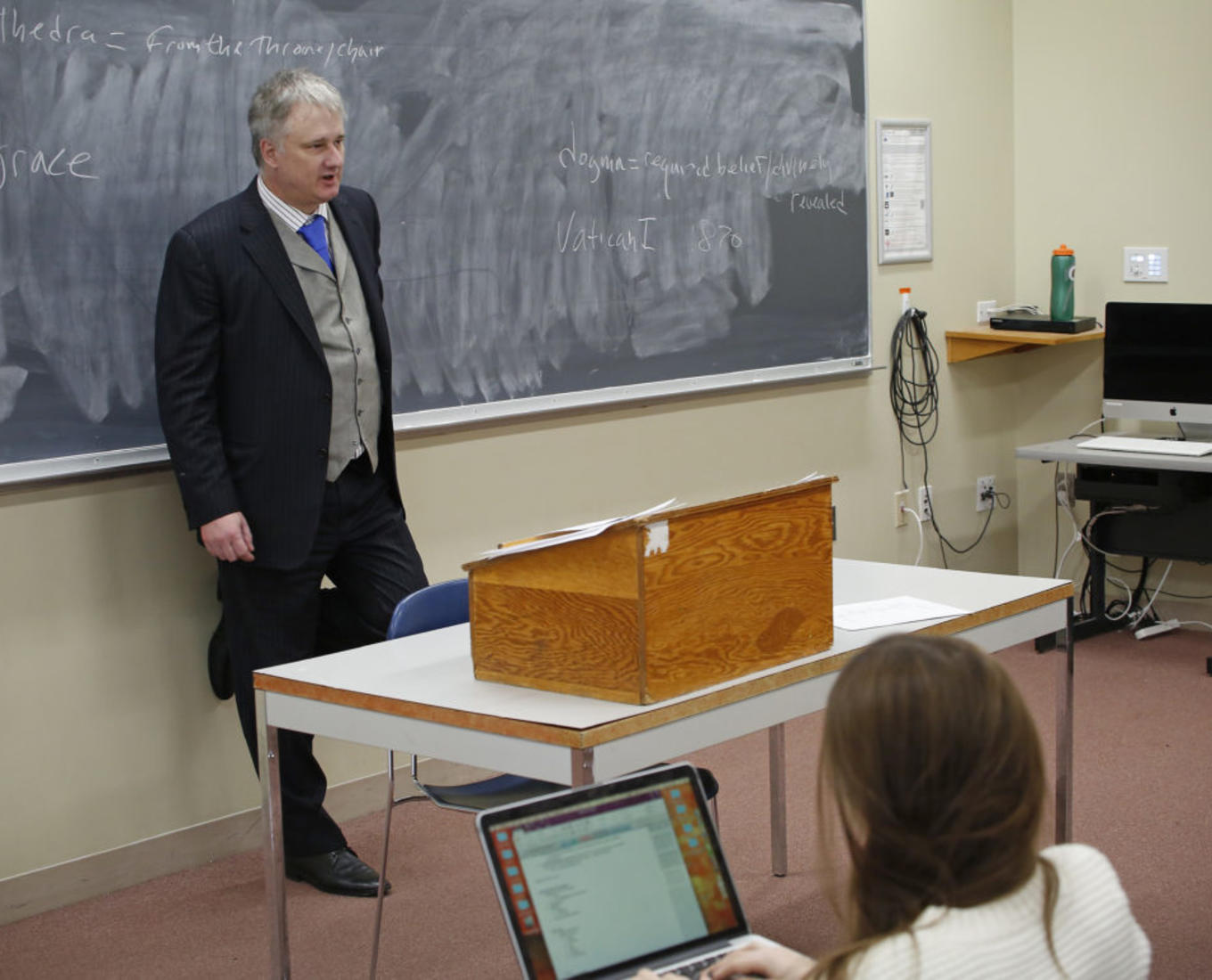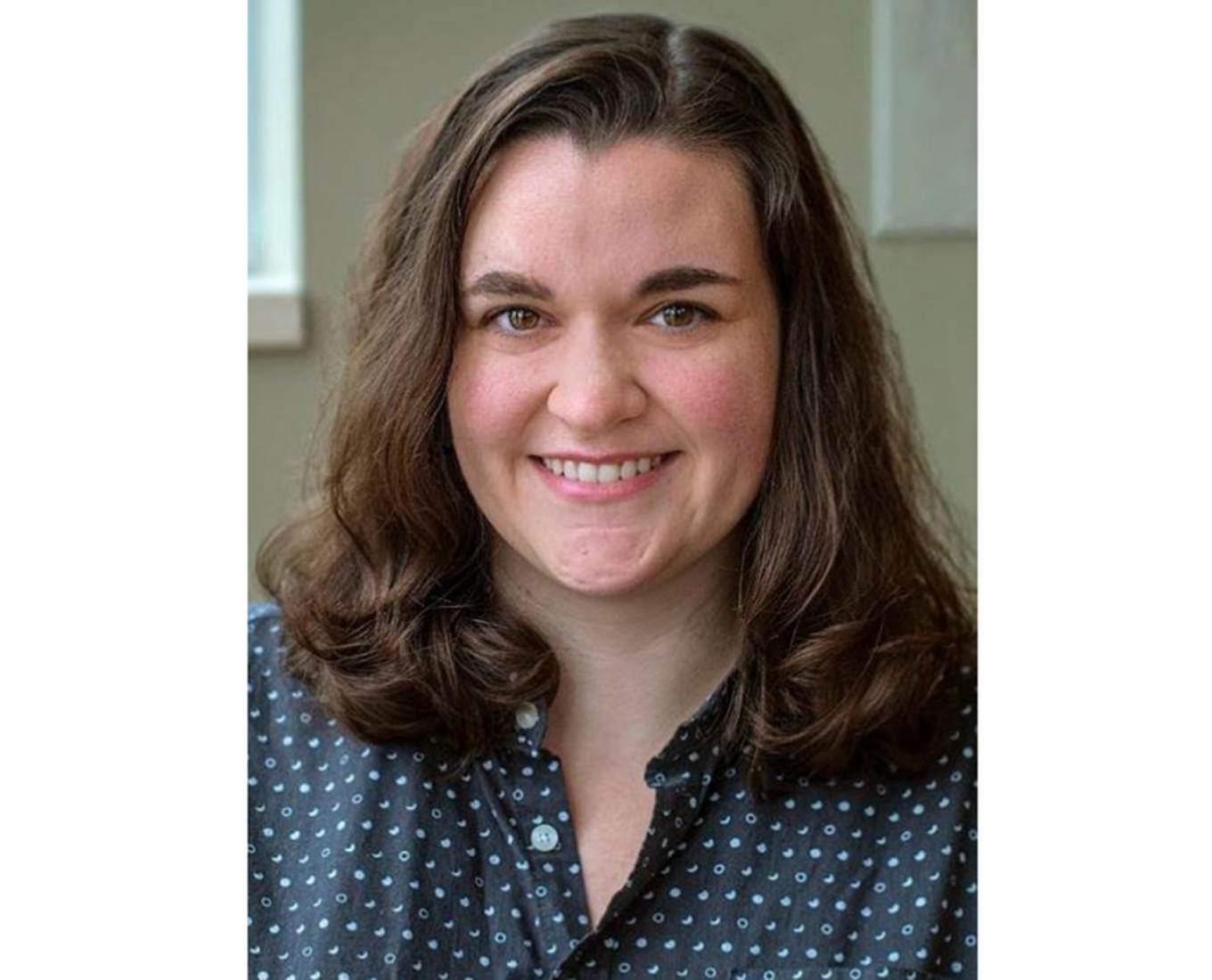Nauseous and dizzy, Caroline Hanson ‘27 didn’t know what was happening. The intense anxiety she felt led to an overwhelming desire to immediately leave whatever situation she was in. She was in elementary school and needed help. “It’s confusing when you’re young. You don’t know why you feel this way and don’t know how to communicate how you feel. I needed someone to explain this to me in a way that my child brain could understand,” Hanson said.
With the support of her parents, Hanson connected with a therapist. Today, she said she feels like one of the fortunate ones and is driven to share her experience with others in an effort to normalize discussion around mental health.
“My anxiety is part of my why. It can be scary and it’s not something you can completely plan for. It’s me,” Hanson said.
"This generation is not weak."
Experts say Generation Z, people born between 1997 and 2012, is more prepared to openly discuss mental health and advocate for care than previous generations. For many, it’s an issue they’ve been talking about since primary school and they are now advocating for it in the workplace and on college campuses. Yet, the stigma remains.
“I know how it feels to internalize my feelings. It gets to a point that you feel like you’re going to explode and then you just break down. Therapy, talking to someone, can take time, but it’s worth it,” said Hunter Sullivan ’24.
Sullivan said he felt dragged down in high school and couldn’t pinpoint why. “It wasn’t just one catalyst, it was a million different things: school, sports, relationships, friends, family, stuff like that. My brother had just gone to college. My mom convinced me to see a therapist,” he said.
He hopes that by sharing his own experiences and asking his male friends and family how they’re doing will encourage them to talk with him or seek support from a counselor if their answer is not well.
“I really hope this trend of awareness continues,” Sullivan said.



